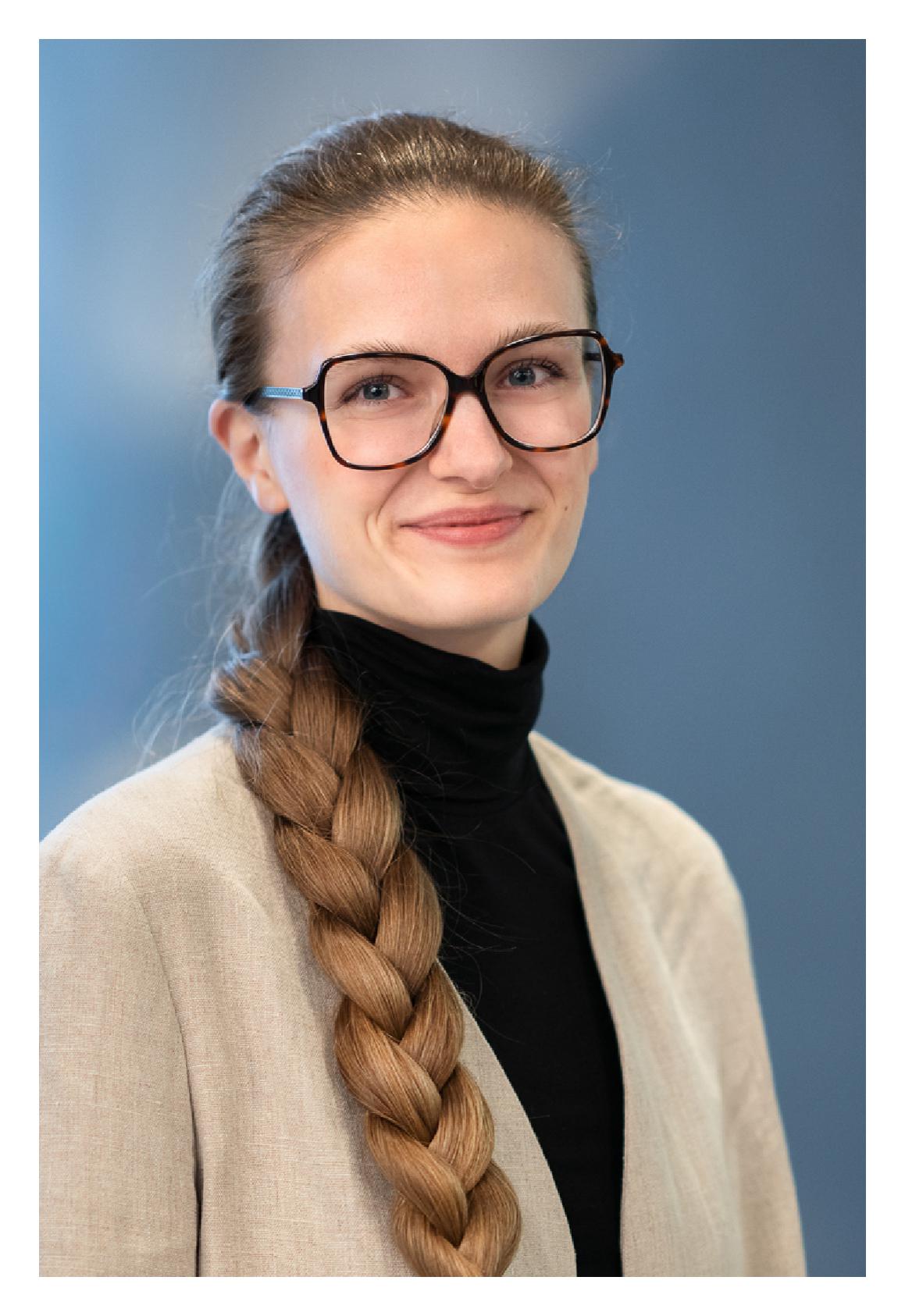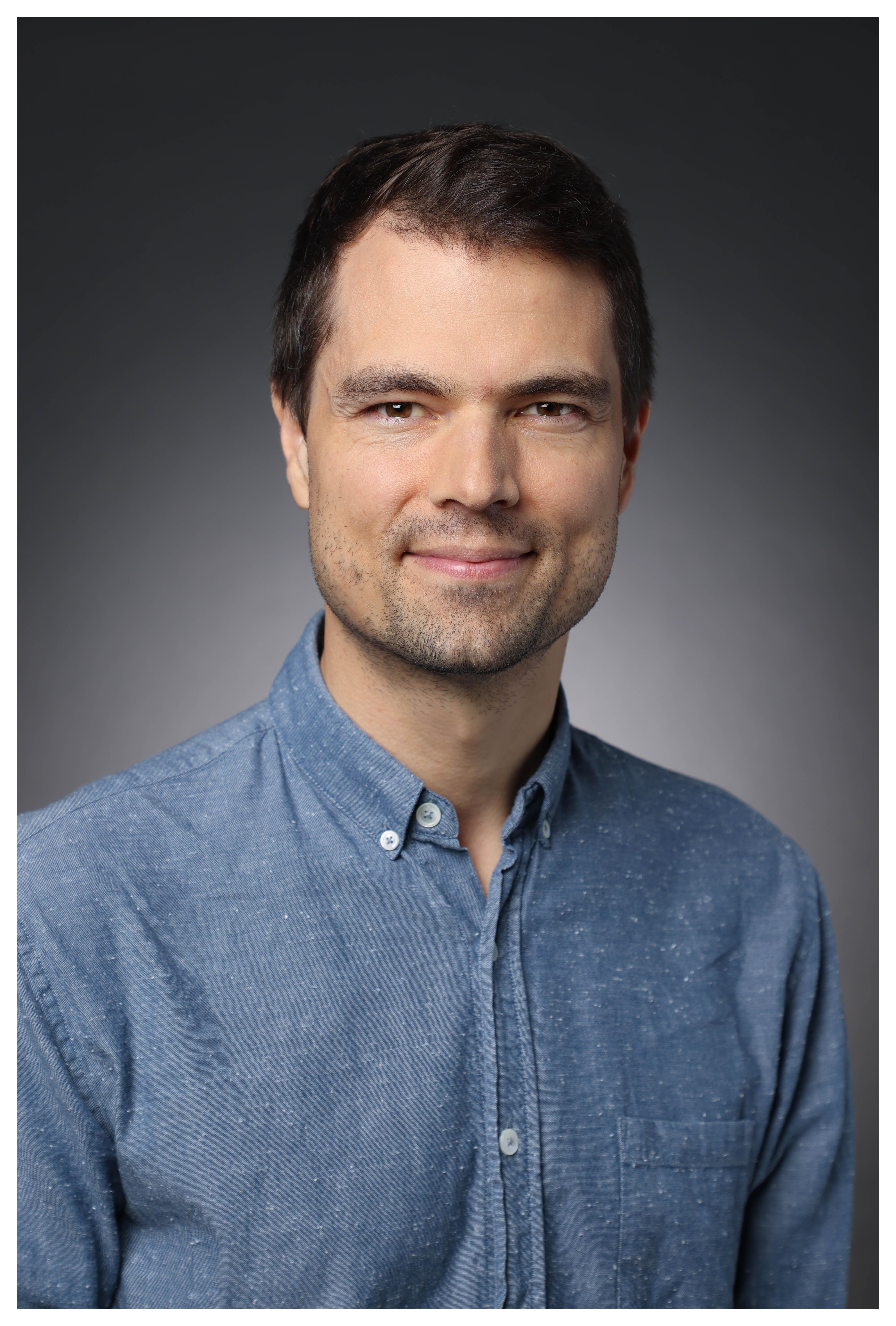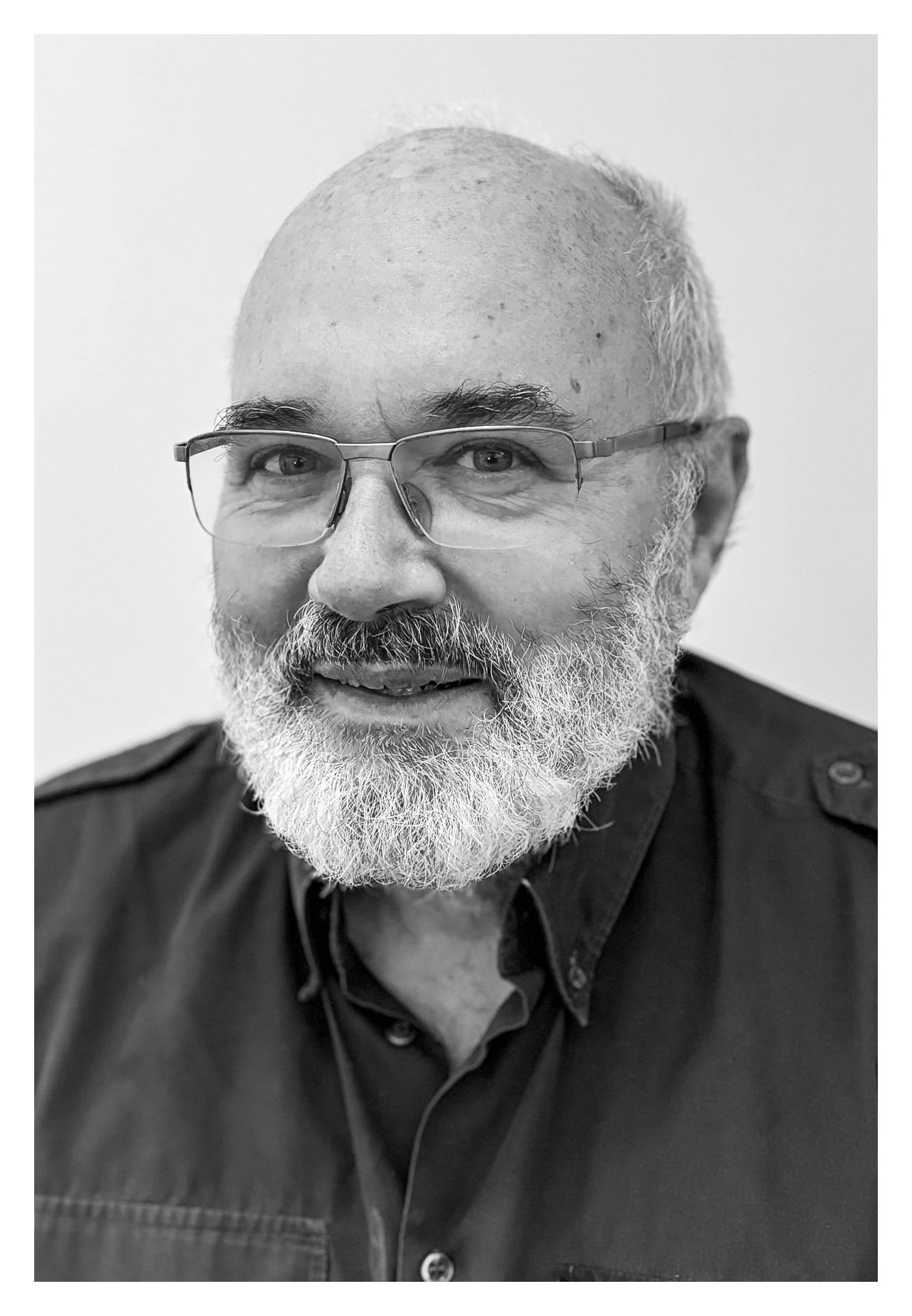Four appointments at the School of Basic Sciences

Rachel (Zhuojun) Huang, Zuzanna Kozicka, Nicolas Boumal, François Labourie. Credit: EPFL
The Board of the Swiss Federal Institutes of Technology has recently announced the appointment of four professors at EPFL's School of Basic Sciences.

© 2025 EPFL
Dr Rachel (Zhuojun) Huang, currently Postdoctoral Researcher at the University of Texas in Austin, USA, as Tenure Track Assistant Professor of Chemical Engineering in the School of Basic Sciences (SB)
Rachel Huang is an expert in polymer science for energy-related applications. Her research focuses on the chemical development and characterisation of new materials to improve the safety and sustainability of lithium batteries, as well as on the modelling of electrochemistry at electrode-electrolyte interfaces. Her research program aiming at improving the resistance to oxidation as well as the recycling potential of battery components will stand at the forefront of global efforts toward the carbon neutrality objective at the horizon 2050. She is a highly creative scientist who has already achieved impressive results at a young age and has won several awards for her research. The appointment of Rachel Huang enables EPFL to strengthen its reputation as a leading research institution in the field of sustainable energy.

© 2025 EPFL
Dr Zuzanna Kozicka, currently Postdoctoral Researcher at Harvard Medical School and the Dana-Farber Cancer Institute in Boston, USA, as Tenure Track Assistant Professor of Chemical Biology in the School of Basic Sciences (SB)
Zuzanna Kozicka conducts interdisciplinary research at the intersection of chemical biology, structural biology, genetic screening and functional genomics. She has already achieved remarkable results in elucidating the mechanisms governing protein–ligase interactions, unravelling a novel mode of action for kinas inhibitors. She received several prestigious awards, including the Science/AAAS and SciLifeLab Prize for Young Scientists (2023), the Ed Fischer PhD Prize (2023), the EFMC-YSN PhD Prize (2023). In 2023, she was named to the Forbes 30 Under 30 Europe – Science list. At EPFL, she will explore the therapeutic potential of targeted protein degradation, thereby strengthening the institution’s excellence in chemical biology.

© 2025 EPFL
Professor Nicolas Boumal, currently Tenure Track Assistant Professor at EPFL, as Associate Professor of Mathematics in the School of Basic Sciences (SB)
Nicolas Boumal is an internationally recognised expert in the field of continuous optimisation. His contributions to the theory of the so-called “benign” non-convex optimisation have significantly advanced our understanding of why standard methods often perform remarkably well in practice, despite the lack of strong theoretical guarantees. Nicolas Boumal’s research is not only highly valuable to the scientific community but also finds practical applications in the applied sciences and engineering. Deeply committed to teaching and mentorship, Nicolas Boumal plays a key role within EPFL’s School of Basic Sciences.
Award of the title of “Professor” at EPFL

© 2025 EPFL
Professor François Labourie, currently Full Professor of Mathematics at Université Côte d’Azur, France, as Adjunct Professor in the School of Basic Sciences (SB)
François Labourie’s research activity covers a broad range of domains, from geometric analysis to the study of discrete subgroups of Lie groups and to Anosov flow theory. His work has played a central role in the development of what is now known as the superior Teichmüller theory. François Labourie’s presence at EPFL will foster collaborations within the Institute of Mathematics and help developing new international partnerships, thanks to his vast and active network.